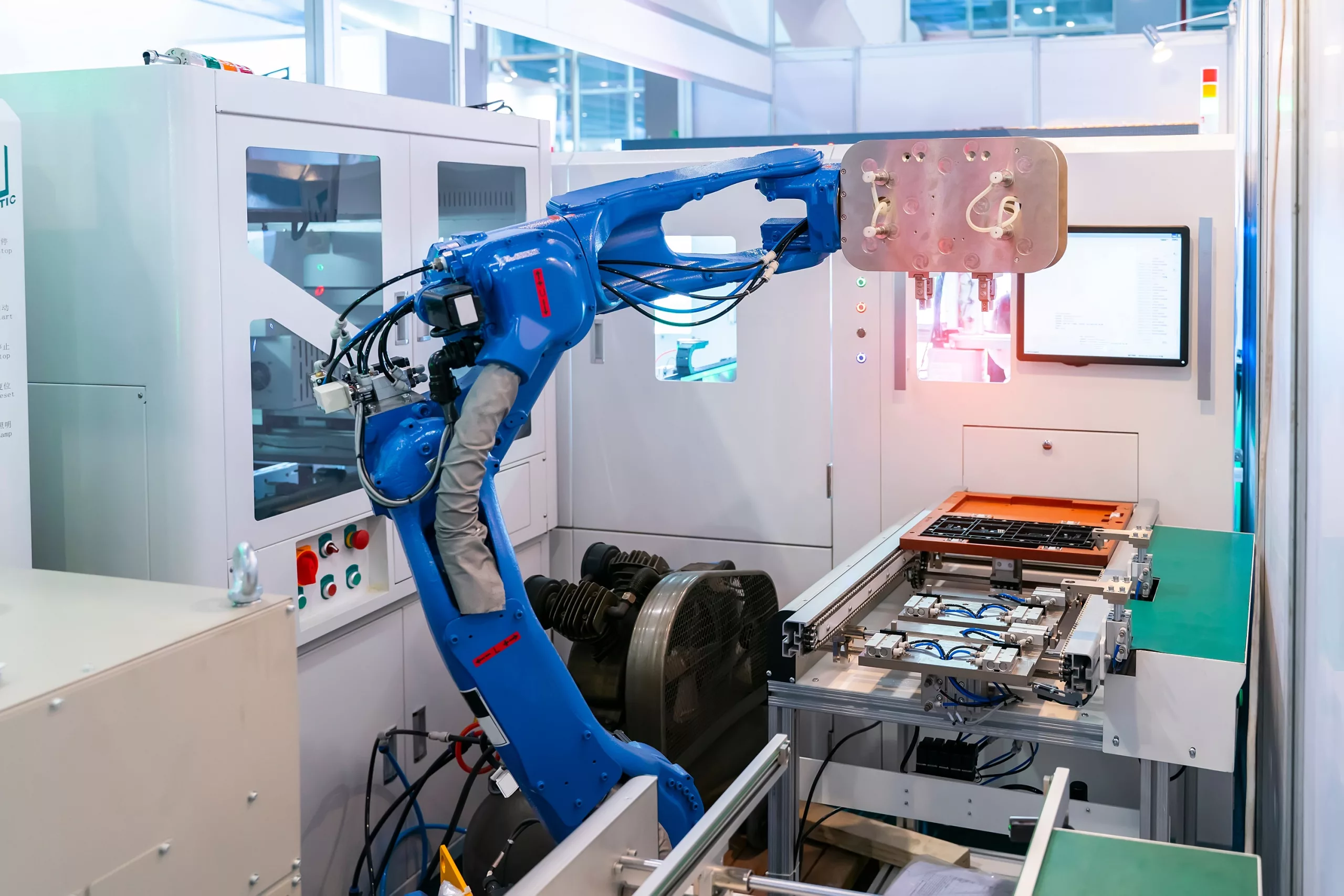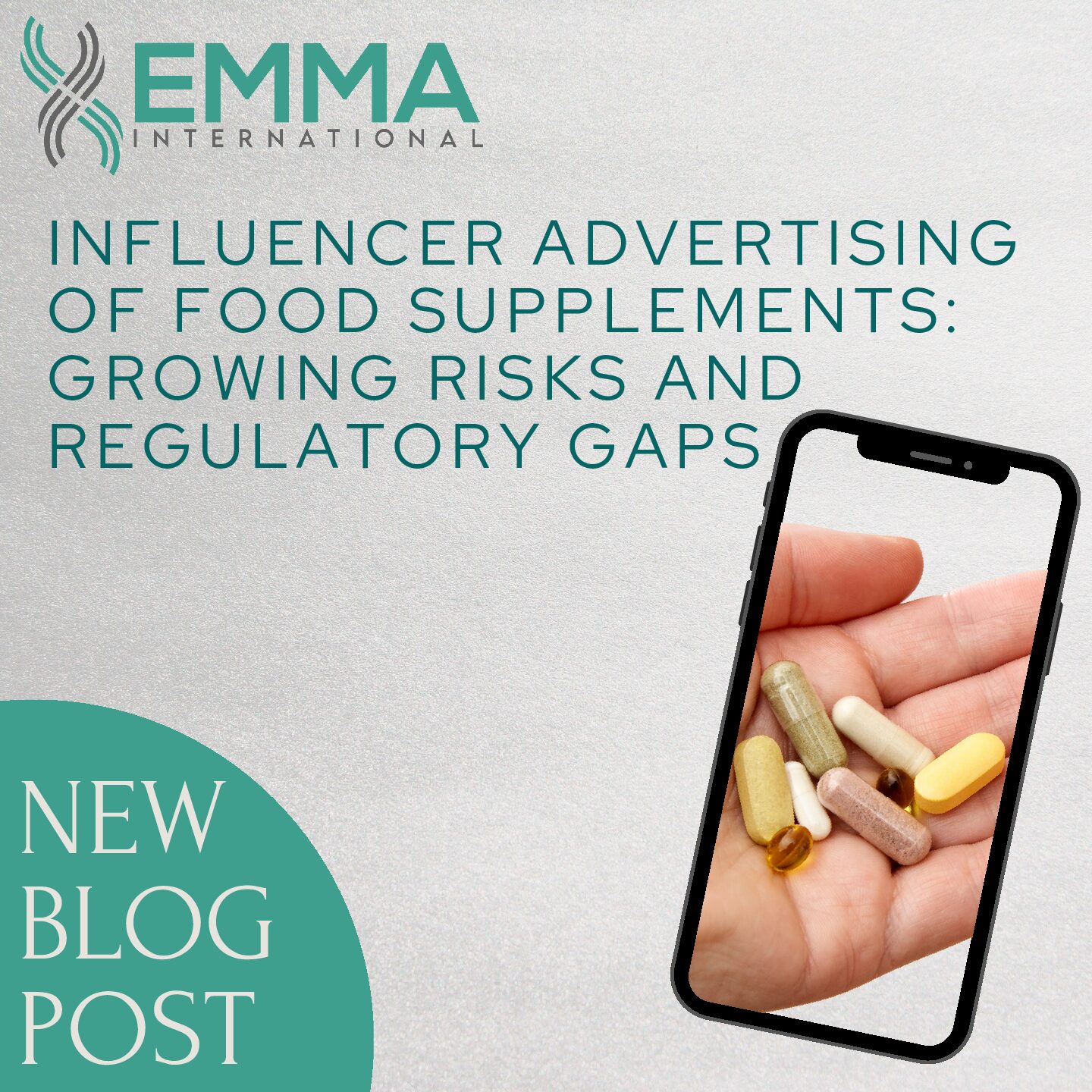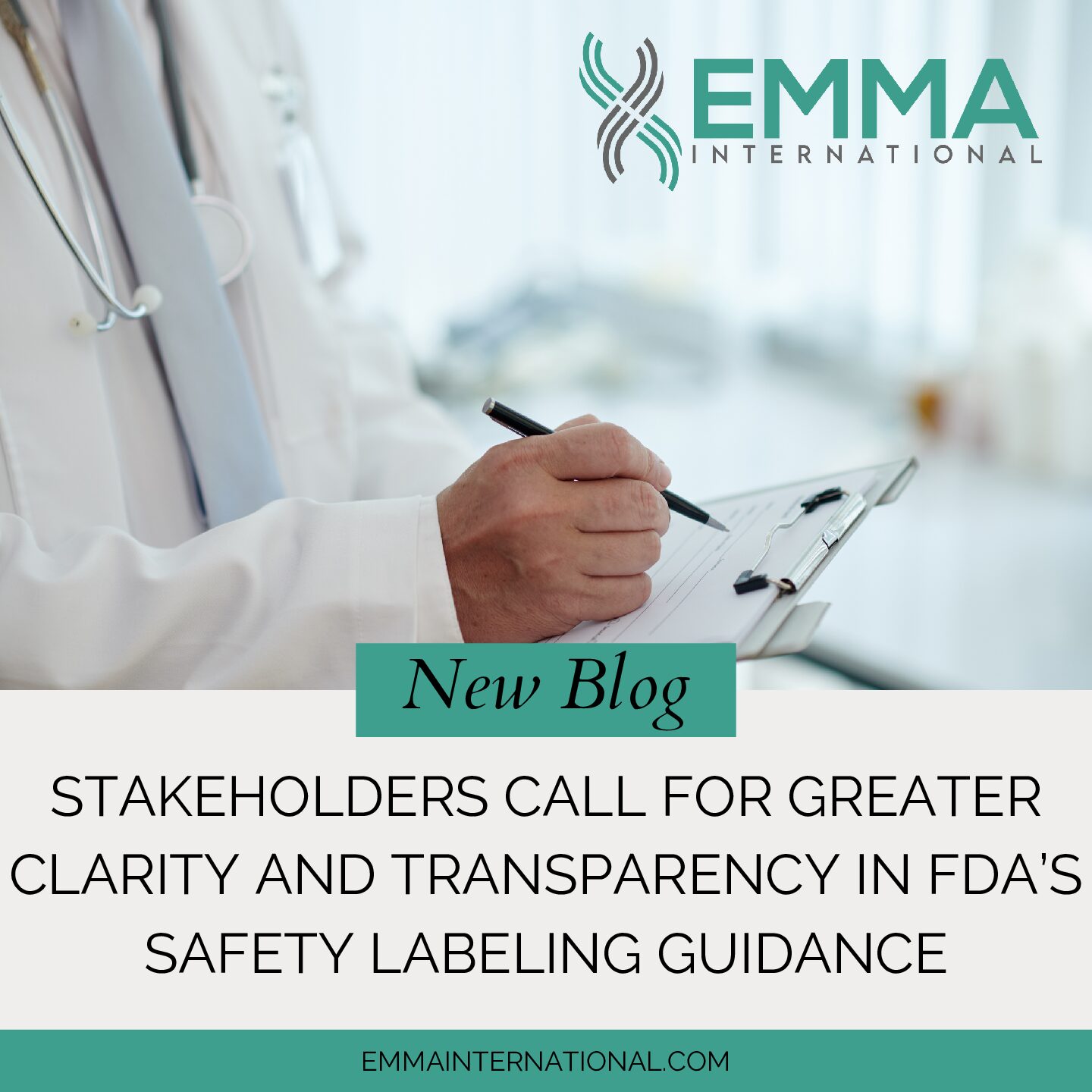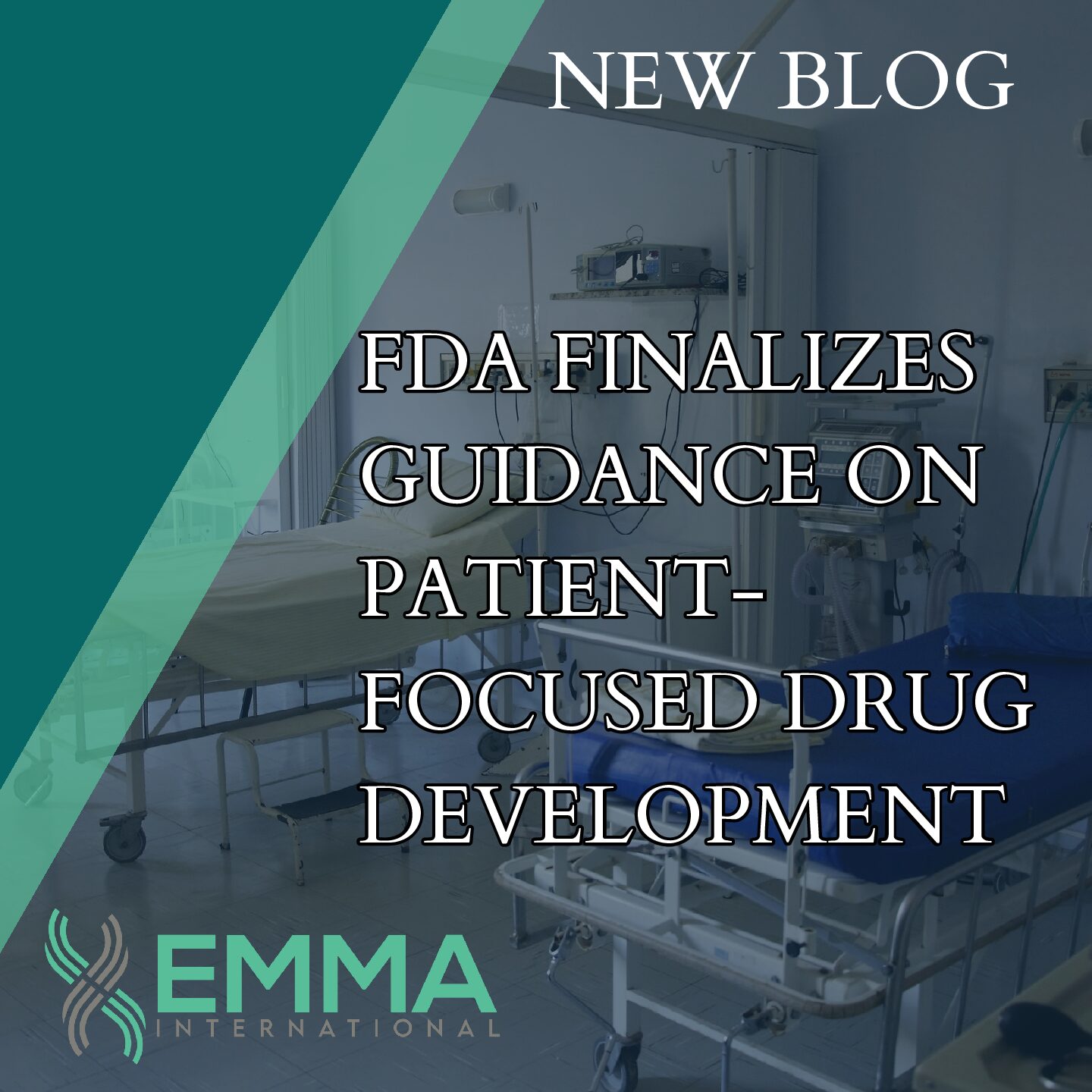The 1979 Trade Agreements Act (TAA) was enacted to promote fair international trade. TAA compliance is primarily governed by the Federal Acquisition Regulation (FAR) 52.225-5 on Trade Agreements. TAA compliance is important to the MedTech industry since you must be in compliance with the act in order to sell any products or services to the US Government. For medical device manufacturers, this means if you intend to respond to any government bids for medical devices (such as for the Strategic National Stockpile), it’s critical to understand your TAA compliance status.
To start with the basics, TAA compliance means that you manufacture, or “substantially transform” (more on that later) your product in the US or within a TAA compliant country. Per FAR 52.225-5, there are 4 groupings of TAA compliant countries:
- World Trade Organization (WTO) Government Procurement Agreement Countries
- Caribbean Basin Countries
- Least Developed Countries
- Free Trade Agreement Countries
The list of TAA compliant countries is rather lengthy, however there are a number of countries that are NOT TAA compliant, including: China, India, Iran, Iraq, Malaysia, Brazil, Russia, and others.
As noted above, your product must be manufactured or substantially transformed in a TAA compliant country or in the United States. This becomes tricky when components for a product are manufactured all over the globe. The term “substantial transformation” does not have a clear-cut definition. It is essentially defined as whenever a product has been essentially changed through a manufacturing process. Some examples include programming a software product, primary manufacturing of components, and sterilizing. It’s important to note, however, that due to its loose definition, the government looks at TAA compliance and “significant transformation” on a case-by-case basis. A good rule of thumb is that at least 50% of your product’s production, or manufacturing life cycle, must occur in a TAA compliant country.
Government contracts can be of significant value to medical device manufacturers, so TAA compliance is critical for those who pursue them. TAA compliance is one of the top reasons manufacturers get denied from government bids, so you want to make sure that you are on top of your compliance before submitting. EMMA International has helped numerous medical device manufacturers successfully navigate the compliance aspects of the government bidding process, we can help you too! Call us at 248-987-4497 or email info@emmainternational.com to learn more!





